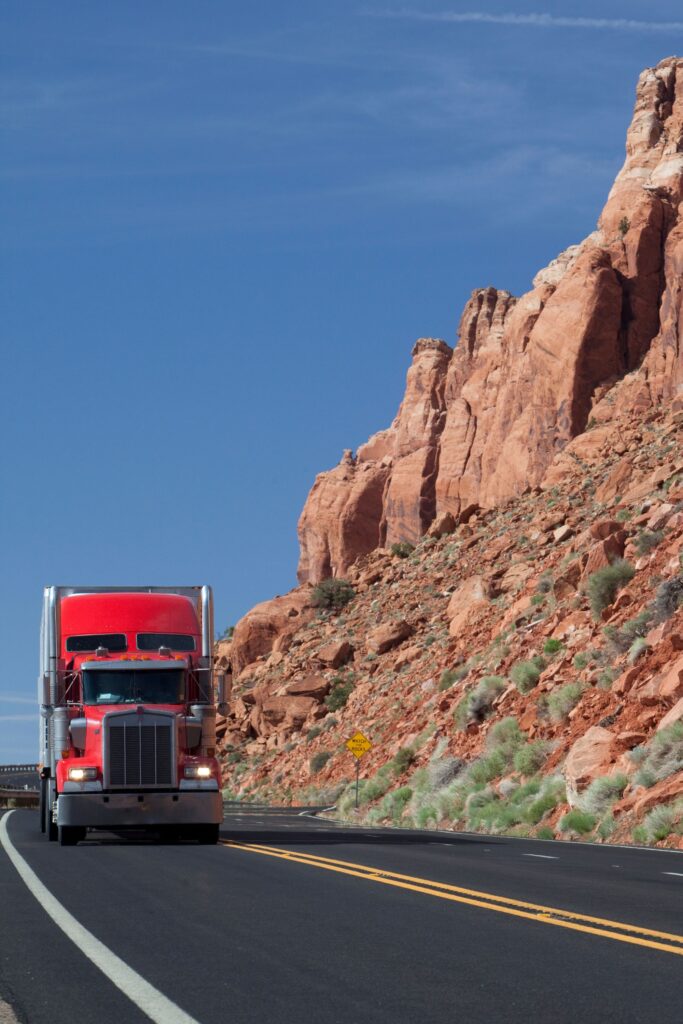Full truckload carriers transport freight weighing greater than 20,000 pounds in 48- to 53-foot trailers. When you’re transporting large quantities, using a full truckload carrier and shipping service enables you to take advantage of economies of scale. East Coast Transport makes use of FTL transportation, in particular, for perishable food products that require top-of-the-line refrigerated trucks. We ensure that our clients can easily locate a dedicated FTL trucking partner to reduce the time spent on managing shipping and receiving.
The way East Coast Transport works with FTL loads is to contract a semi-trailer starting at the location of the shipper. Once the trailer is fully loaded with freight, and the driver has been given the bill of lading, invoice, and other paperwork, the truck is ready to leave. The driver follows a direct route to deliver the freight. Every once in a while, another driver will relieve the first driver and finish driving to the destination in order to stay on schedule. In fact, drivers have to follow regulations about how long they can continue driving, which places the biggest time constraint on freight delivery. On average, full trailers average a speed of 47 miles per hour.
Full Truckload carriers often specialize in certain types of freight because federal law determines which types of freight can be shipped together in the same load. As a full truckload carrier service, East Coast Transport has relationships with several carriers specializing in transporting perishable items, food products, metal, hazardous waste, liquids, etc. We help our clients choose the right FTL carrier at the lowest cost by accessing a network of thousands of possible full truckload providers.

